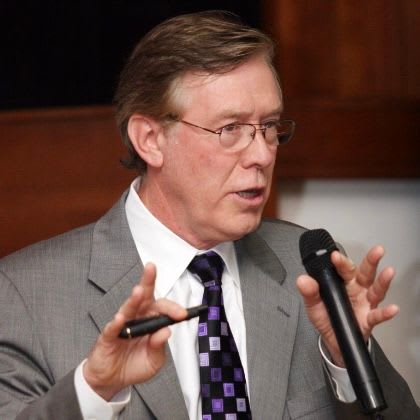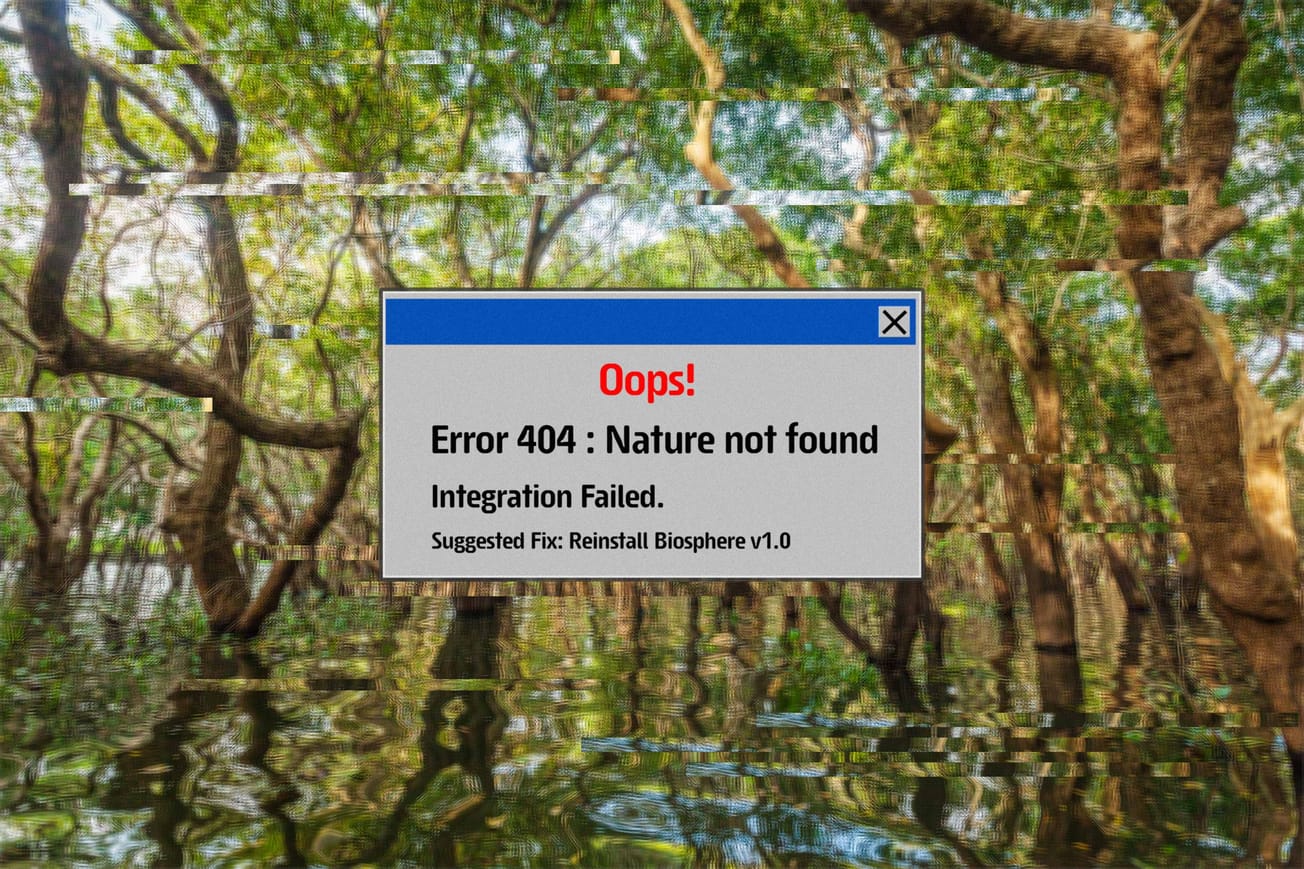In 2025, humanity finds itself at a stark and paradoxical crossroads. Despite decades of warnings from scientists and pledges from policymakers, global coal consumption reached an all-time high in 2024, with atmospheric CO2 levels continuing to climb to unprecedented levels. These trends serve as a grim reminder of the growing chasm between climate commitments and reality.
Coal, the dirtiest of all fossil fuels, is resurging not because of ignorance but convenience. Emerging economies, striving to lift millions out of poverty, often turn to coal as an affordable and accessible energy source. Simultaneously, developed nations facing energy crises have reopened shuttered coal plants, choosing short-term energy security over long-term sustainability. This regression is not confined to a single region or country; it’s a global retreat. From Europe to Asia, the reliance on coal is growing, driven by geopolitical tensions, economic pressures, and insufficient investment in renewable alternatives.
The environmental consequences of this dependence are devastating. In May 2024, atmospheric CO2 levels exceeded 424 parts per million, a threshold that underscores the intensifying climate crisis. Each molecule of CO2 released from burning coal accelerates global warming, contributing to more frequent and severe climate events. Record-breaking heatwaves, catastrophic floods, and extended droughts are no longer rare anomalies; they are the new normal.
What’s most alarming is the political and cultural backsliding on climate action. In 2015, the Paris Agreement inspired hope, uniting nearly 200 nations in a collective effort to limit global warming to well below 2°C above pre-industrial levels. Yet, as we approach the end of the decade, many of these commitments remain unfulfilled. Instead of accelerating the transition to renewable energy, countries are doubling down on fossil fuels, citing economic and political justifications.
The consequences of this retreat extend beyond the physical environment. Climate inaction erodes public trust in institutions, deepening the divide between citizens and their governments. Younger generations, who will inherit the brunt of climate impacts, are increasingly disillusioned. The psychological toll of climate anxiety is compounding, as individuals grapple with the reality of a warming world and the apparent apathy of those in power.
There is no denying that transitioning away from coal and other fossil fuels is a daunting task. Renewable energy sources, while growing rapidly, face challenges in scalability, reliability, and cost—particularly in regions where infrastructure is underdeveloped. However, these obstacles are not insurmountable. Advances in battery storage, grid modernization, and energy efficiency offer viable pathways to reduce dependence on coal.
The real impediment lies in the lack of political will and global coordination. Addressing the climate crisis requires more than ambitious pledges; it demands tangible action. Governments must prioritize renewable energy investment, phase out fossil fuel subsidies, and implement carbon pricing mechanisms that reflect the true cost of emissions. Additionally, international cooperation is crucial. Wealthier nations have a moral and practical obligation to support developing countries in their transition to cleaner energy systems.
The continued rise of coal consumption and CO2 levels is not just a failure of policy but a failure of imagination. It reflects a world too hesitant to embrace the future and too mired in the conveniences of the past. Yet, hope remains. The same ingenuity that brought humanity to the brink of climate disaster can be harnessed to avert it. What is required is not just innovation but courage—the courage to act decisively, before it is too late.













